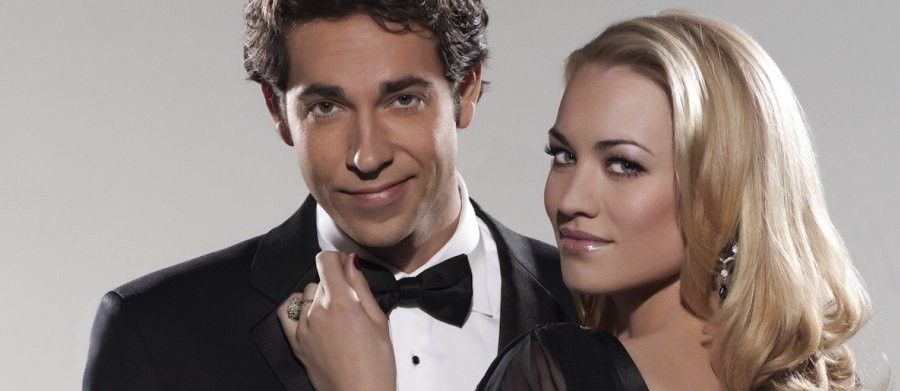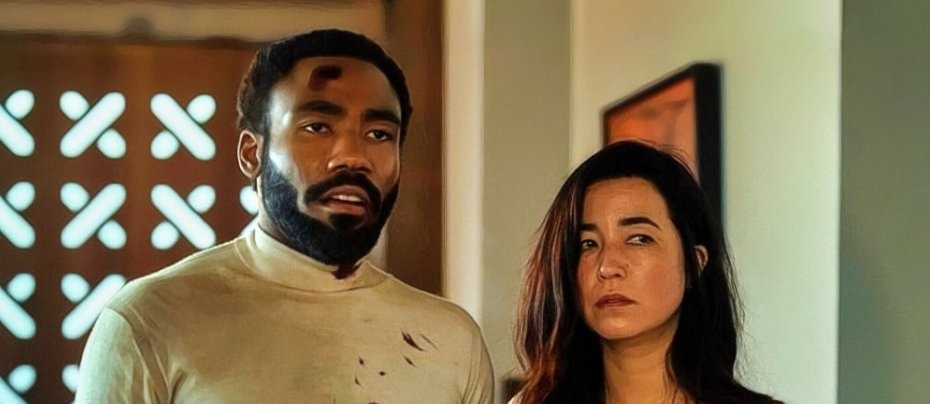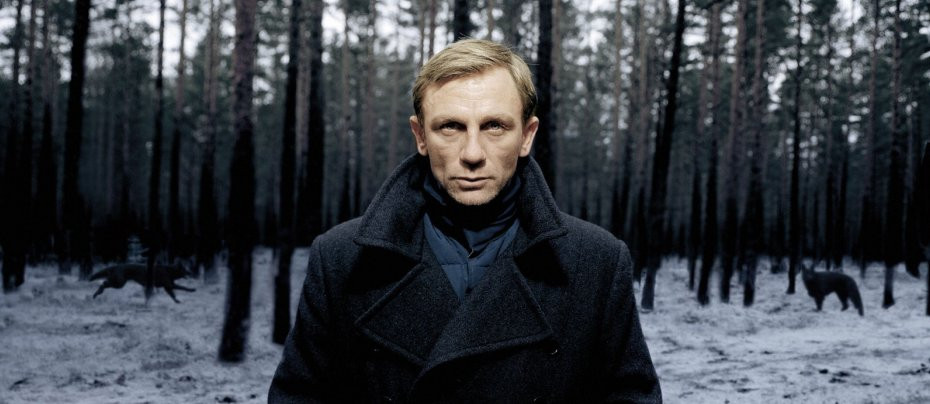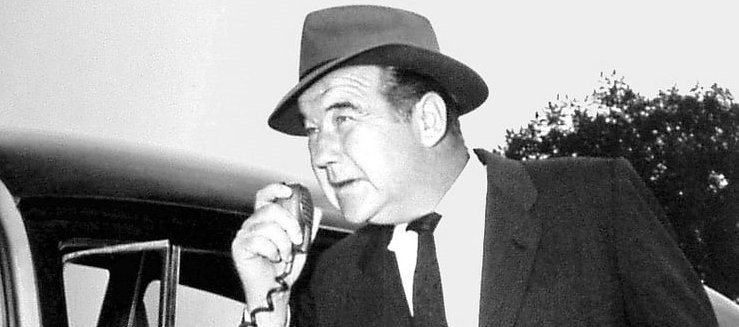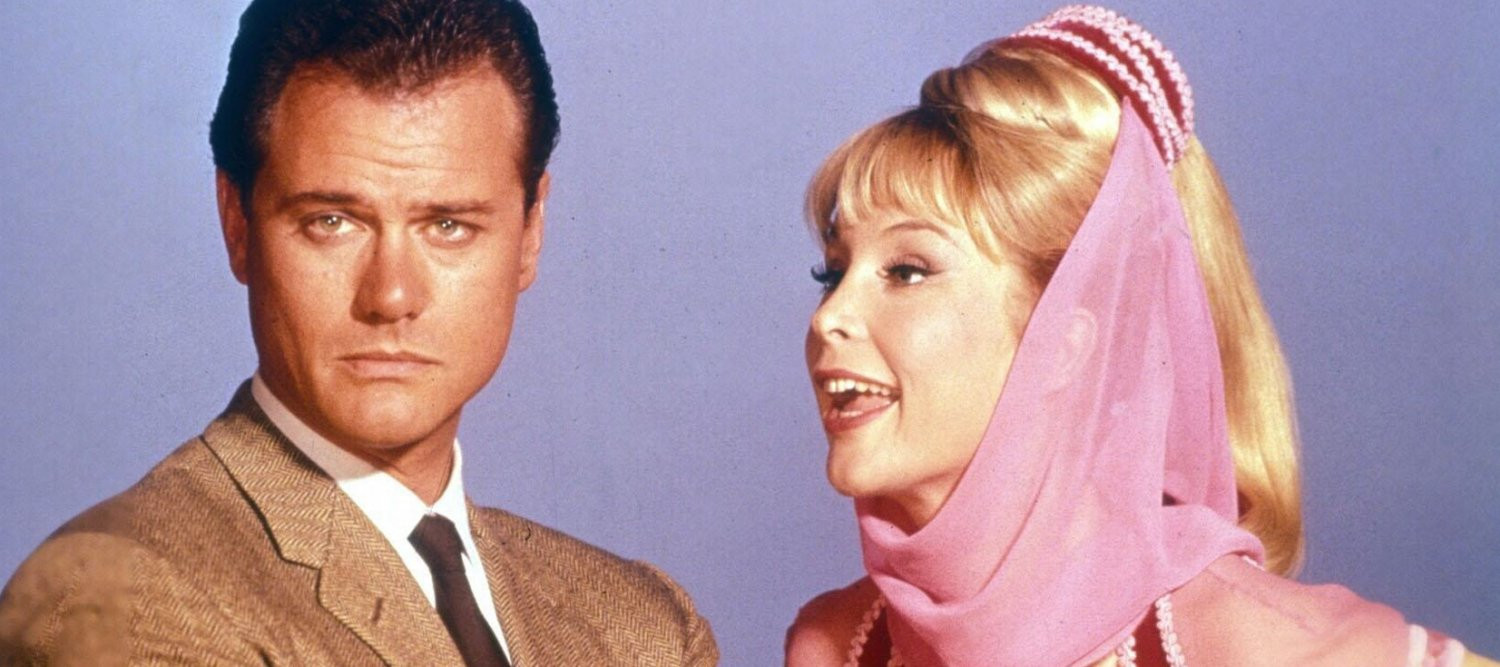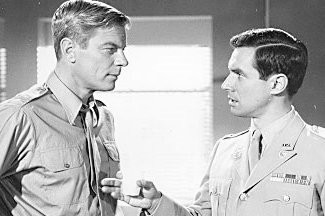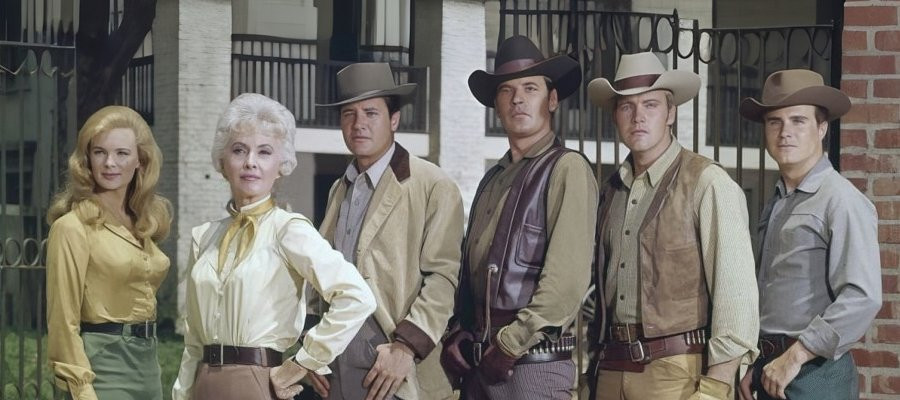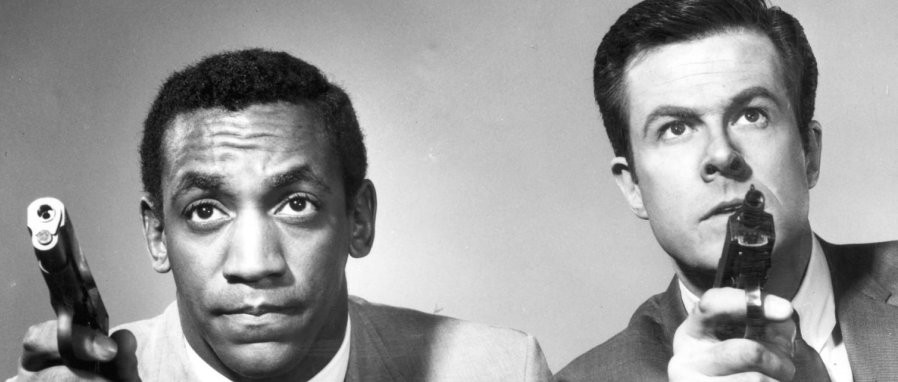
I Spy
1965 - United StatesThis slick espionage drama was notable for the fact that it was the first TV series on a national network to feature a black actor playing alongside a white one on a regular basis. It was not, however, the first TV series to do so.
In 1953 WOR-TV, a New York station aired a series called Harlem Detective, a half-hour crime series featuring William Marshall and Owen Jordan as two plainclothes heroes. The series was written by Jay Bennett and directed by Bob Erle and Lawrence Menkin. So when I Spy came along in 1965 it was not exactly going into untested territory. Bill Cosby (who would become a major TV star in his own right but was later to be jailed for sex offences), starred as agent Alexander Scott, who alongside Robert Culp as Kelly Robinson toured the four corners of the world travelling to exotic locations under the guise of tennis ace and coach. Cosby's casting was more than a mere token gesture; his character, Alexander Scott, was intelligent, resourceful, and portrayed with depth. This was a stark contrast to the stereotypical roles that African American actors were often relegated to during that era.
The dynamic between Culp and Cosby was another highlight of I Spy. Their on-screen chemistry was palpable, characterised by witty banter, mutual respect, and genuine camaraderie which added a layer of authenticity and charm to the series, making their partnership both believable and engaging. The humour interspersed with serious spy missions set I Spy apart from other espionage shows of the time.
That said, as outwardly liberal minded the series appeared to be, NBC still ensured that Culp took the superior role and that Cosby never appeared opposite a white woman. Nevertheless, in the broader context of television history, I Spy stands as a precursor to later shows that featured African American actors in prominent roles, such as The Mod Squad (1968), which included Clarence Williams III, and The Bill Cosby Show (1969), where Cosby again played a lead role. The progress continued with series like Sanford and Son (1972), Good Times (1974) and The Jeffersons (1975), which brought African American families and characters to the forefront of American television.
I Spy ran for four season's finishing in 1968, although the two paired up again in 1972 for the movie Hickey & Boggs, in which they played two down-and-out private eyes.
I Spy was a huge hit in its time and Cosby was awarded three Emmy's for his role, but Cosby's perception has undergone a dramatic and complex transformation over the years. Initially celebrated for his groundbreaking work in television and comedy, Cosby's legacy has been deeply tarnished by numerous allegations of sexual assault and misconduct. Starting in the mid-2000s, numerous women came forward accusing Cosby of sexual assault, with allegations spanning several decades. The accusations included claims that Cosby drugged and assaulted women, often leveraging his position of power and influence. In 2015, Cosby was charged with aggravated indecent assault, and in 2018, he was found guilty and sentenced to prison. The legal battles and the testimonies of many women who accused him contributed to a dramatic fall from grace. His case became a significant part of the larger #MeToo movement, which aims to highlight and combat sexual harassment and assault. His downfall is often cited as a turning point in holding powerful men accountable for their actions.
Seen this show? How do you rate it?
Seen this show? How do you rate it?
Published on December 22nd, 2022. Written by Laurence Marcus for Television Heaven.


